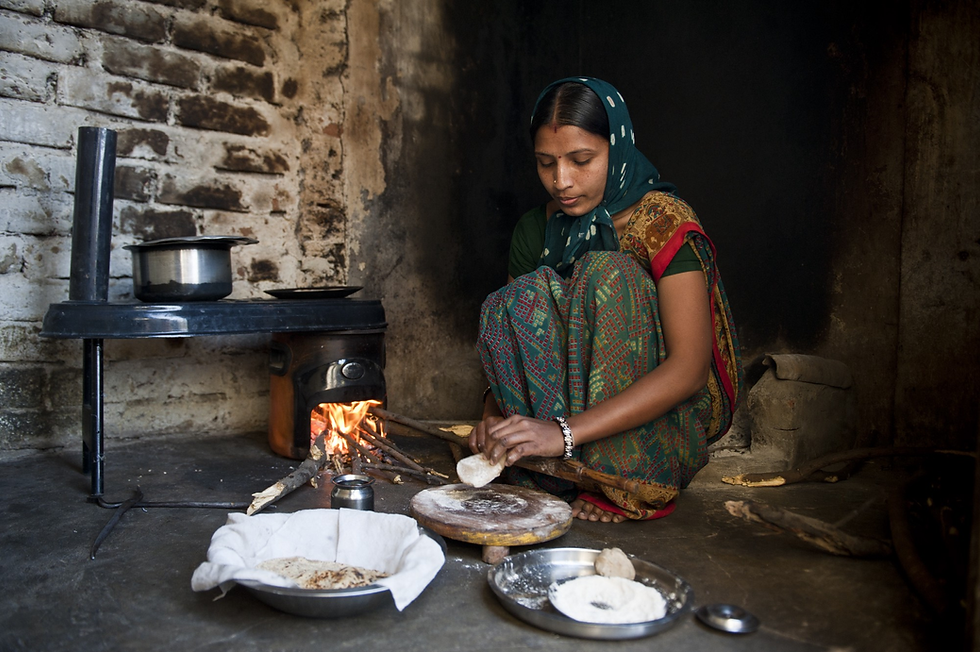From Kitchen Stove to Climate Tech: Neha Juneja's Clean-Cooking Revolution in Rural India.
- birulysandli09
- Nov 24, 2025
- 2 min read

Neha Juneja’s journey into the world of clean cooking began with a simple but stubborn observation. Rural households across India were still dependent on smoky mud stoves, and the health toll on women was almost invisible in mainstream business circles. Her response grew into Greenway Appliances, a startup that brought fuel saving cookstoves into thousands of homes. What started as a small idea now sits at the intersection of climate tech and grassroots entrepreneurship, a story that resonates with readers who follow Indian business and new age startups.
Greenway did not grow through noise or glamour. It grew through testing, field visits, slow improvements and long conversations with families who cooked over open fire. Neha and her co founder kept returning to communities to check if the product actually solved their daily struggle. Many early users shared that the stove cut smoke and reduced fuel use, which made it easier for families tackling rising costs. This sort of response helped the startup gain trust in regions where loyalty is built through clear value rather than advertising.

Her rise as a founder stands out in India’s entrepreneurship story. She arrived at climate tech before the sector became a headline favorite. Instead of building for big cities, her focus stayed on women in remote areas, a market that rarely receives serious attention from startups aiming for fast growth. The company’s early funding came from impact investors who appreciated the mix of social purpose and commercial scale. Some of these investors said publicly that Greenway represented a new direction for consumer hardware in India.
The product itself became a quiet symbol of leadership in rural markets. Men and women both adopted it, though women were usually the ones who pushed for it inside the home. Many shared honest feedback that shaped later designs. These stories also helped Indian readers see how a founder can grow by listening instead of dictating the direction. This people first approach made Greenway a recognizable name in conversations on climate friendly products made in India.

As the years moved ahead, Neha expanded Greenway’s distribution through local partners and self help groups. This allowed the company to reach corners of the country that big consumer brands often miss. It also created micro selling opportunities for women who wanted income without leaving their homes. Several development agencies documented these outcomes, which brought fresh visibility for the startup in global forums on clean energy and rural livelihoods.
Today Greenway Appliances sits in classrooms, business podcasts and startup events as a case study in patient growth. Neha often speaks about the need for founders to spend more time understanding the daily routines of the people they serve. For young entrepreneurs in India, her story feels grounding. It shows that climate friendly products can scale when they solve a real human problem and when a founder is willing to learn from the people who depend on her product.




Comments